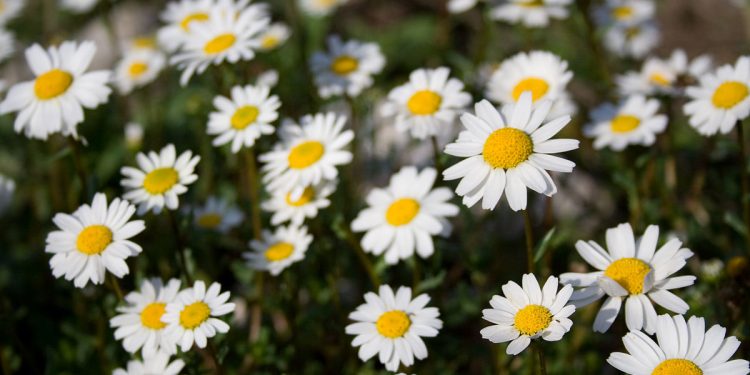#herbalmedicine #traditionalmedicine #medicinalplants #AnthemisArvensis #sustainability
Anthemis arvensis, commonly known as corn chamomile, is a herbaceous plant native to Europe and Asia. With its distinctive yellow and white daisy-like flowers, it has been used for centuries in traditional medicine to treat a variety of ailments, including digestive issues, anxiety, and insomnia. In recent years, there has been growing interest in the potential health benefits of Anthemis arvensis, but also concerns about its safety and sustainability.
Development:
Anthemis arvensis contains several bioactive compounds, including flavonoids and essential oils, which are believed to be responsible for its medicinal properties. Studies have suggested that it may have anti-inflammatory, antioxidant, and antimicrobial effects, as well as the ability to promote relaxation and sleep.
As a result of its potential health benefits, Anthemis arvensis has been the subject of increasing research and commercial interest. It is now available in various forms, including herbal supplements, teas, and essential oils, marketed for their purported health benefits.
Consequences:
While there is some evidence to support the use of Anthemis arvensis for certain conditions, such as anxiety and insomnia, more research is needed to fully understand its potential benefits and risks. In addition, there are concerns about the safety and sustainability of using this plant for medicinal purposes.
Anthemis arvensis can cause allergic reactions in some people, and may interact with certain medications. There are also concerns about the sustainability of harvesting this plant, as overharvesting can lead to depletion of wild populations.
In conclusion, while Anthemis arvensis shows promise as a medicinal plant, more research is needed to fully understand its potential benefits and risks. It is important to use caution when using any herbal supplement or remedy, and to consult with a healthcare professional before incorporating them into your healthcare regimen.







